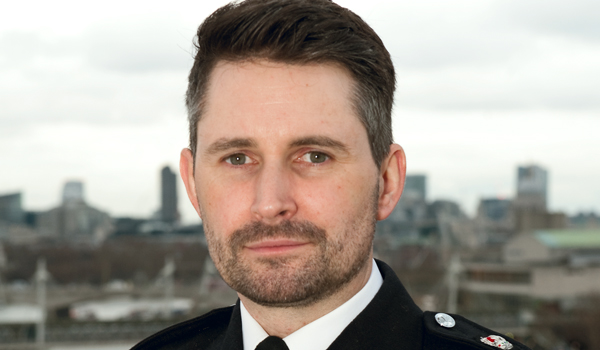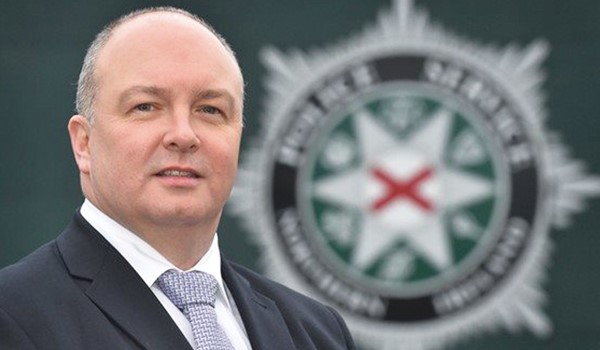Lockdown could increase risk of radicalisation
A senior counter-terrorism officer has warned that the impact of Covid-19 and social isolation could make some of society’s most vulnerable people more susceptible to radicalisation and other forms of grooming.
The closure of schools and other statutory agencies during the nationwide lockdown has seen a fall in the number of people referred to Prevent – the Government-led multi-agency programme designed to identify and support those at risk of radicalisation by extremists.
The national coordinator for Prevent, Chief Superintendent Nik Adams, said: “What concerns me greatly is that the decline in the number of referrals doesn’t mean that there are fewer people that need our help, but that fewer people are able to access the support they need.
“Schools, mental health workers and other public services provide vital support and protection to young and vulnerable people, and the combination of those services being impacted by Covid-19 and the fact people are spending more time online means a small number of vulnerable people are at greater risk of being drawn towards terrorist activity.”
His concern is that the pandemic is driving young people to spend more unsupervised time online, where feelings of boredom and isolation may be exploited by negative influences and online groomers of all kinds.
“Isolation may exacerbate grievances that make people more vulnerable to radicalisation – such as financial insecurity or social alienation,” added Chief Supt Adams. “The extremists and radicalisers know this and, as ever, will look to exploit any opportunity to lead those people into harm, often using topical issues as hooks to lure them in.
“The National Counter Terrorism Policing Network is incredibly resilient and we have adapted in key areas to make sure we’re still able to provide our vital service through things like virtual interventions and working with school safeguarding leads, who continue to provide their services throughout this period.”
Despite safeguarding leads continuing to provide support, the removal of face-to-face engagement with them through schools, colleges and social work means counter terrorism policing is relying on the public to help identify warning signs and have the confidence to seek help for those who may need it.
“Of course, I recognise that these are unsettling times for a lot of people and I know that families are under a lot of strain at the moment, but we’re seeing great examples across the country of how communities are pulling together to support each other,” said Chief Supt Adams.
“It’s vital that safeguarding remains at the heart of that support, so we can remain vigilant as a society and make sure the vulnerable people in our communities stay protected from those intent on doing them, and us, harm.”







